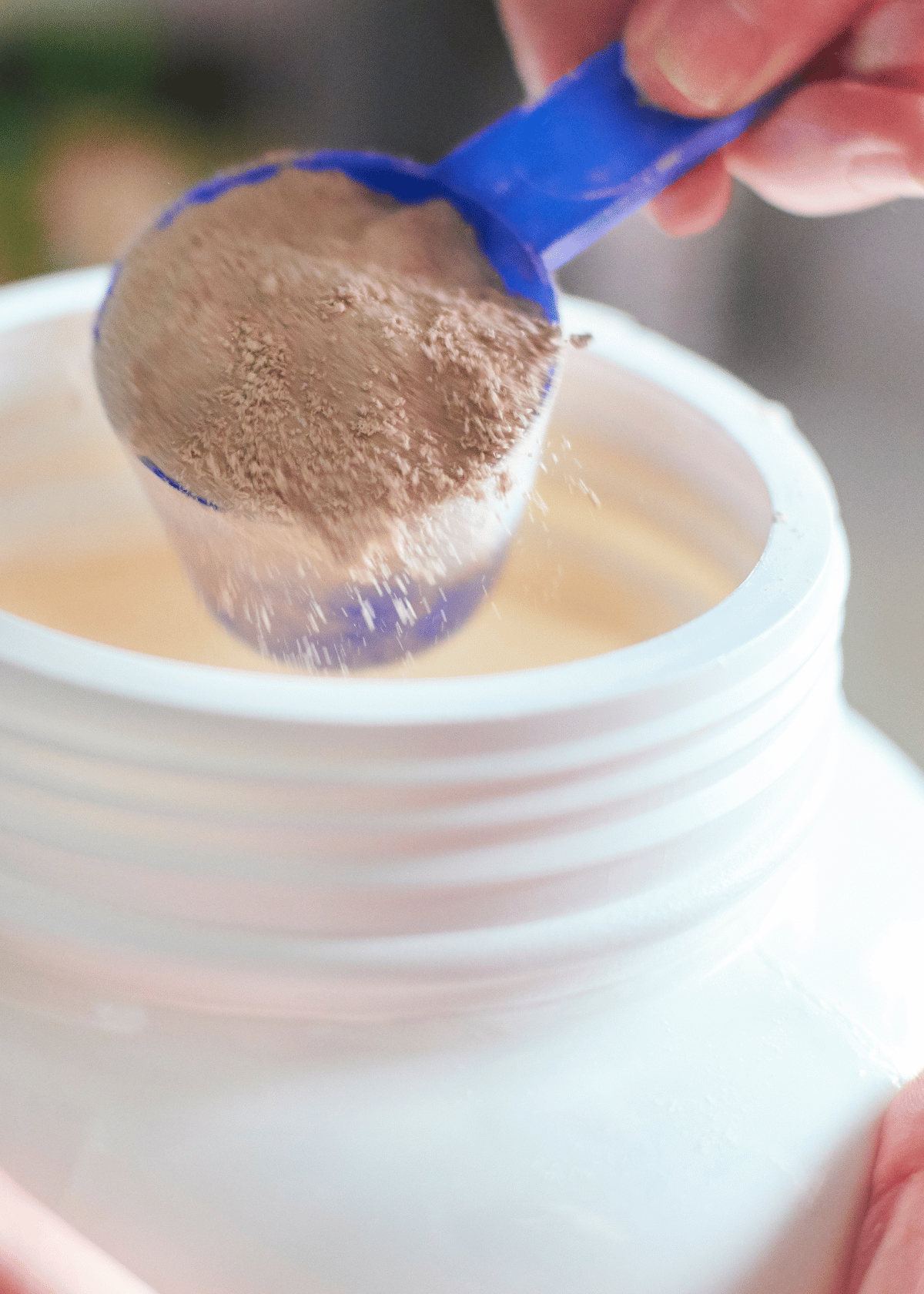Caffeine is a natural stimulant found in coffee beans, tea leaves, and other plants. It is a popular beverage ingredient that is consumed worldwide, and its effects on the body have been widely studied. In this article, we will explore how long 300 mg of caffeine last, the effects of caffeine, and its benefits and risks.
How much caffeine is in 300 mg?
The caffeine content in beverages and foods varies widely. An 8-ounce cup of coffee typically contains around 95 mg of caffeine, while a 12-ounce can of soda has around 30-40 mg. Energy drinks can have up to 300 mg of caffeine per serving, making them the most significant source of caffeine for some people.
Consuming caffeine
Caffeine consumption has both benefits and risks. Moderate caffeine intake can provide increased energy, alertness, and mental focus. However, excessive consumption can lead to negative effects such as insomnia, anxiety, and nervousness. The recommended daily caffeine intake for adults is up to 400 mg per day.
Caffeine affects people differently, depending on their genetics, age, and weight. People should monitor their caffeine intake to avoid consuming too much caffeine.
How Long Does it Take to Metabolize Caffeine?
Caffeine is a stimulant compound found in coffee, tea, and many energy drinks. It acts as a central nervous system stimulant by increasing alertness and decreasing fatigue, among other effects. The body metabolizes caffeine through an enzyme known as cytochrome P450 (CYP1A2) which is primarily located in the liver and intestines. This enzyme works to break down the molecules of caffeine into different metabolites which can then be used or excreted by the body.
The half life of caffeine is approximately 4 to 6 hours on average, although this period can vary depending on individual factors such as age, sex, general health status, genetic background, and how often an individual consumes caffeinated products. For instance, regular users may have much higher levels of cytochrome P450 leading to shorter half-lives for caffeine compared to those who are not regular consumers of caffeinated drinks or foods. Similarly, individuals with slower rates of metabolism may take longer for their bodies to eliminate the caffeine from their systems than others with faster metabolic rates.
Effects of caffeine
Caffeine is a stimulant drug commonly found in coffee, tea, energy drinks, and some medications. It has both positive and negative effects on the body.
Caffeine blocks certain receptors in the brain which can help us to stay alert or stay awake longer when we need it. Studies suggest that drinking up to 400mg of caffeine per day can improve mental performance and focus by blocking the adenosine receptors in your brain. This helps boost cognitive function, allowing you to work faster and more effectively for short periods. Additionally, this effect also makes it easier to concentrate on tasks or activities that require intense focus over extended periods.
When consumed in high doses however, caffeine may have several adverse effects including increased heart rate & blood pressure; increased risk for anxiety disorders; irritability; headaches; nausea; trembling hands; insomnia & restlessness - all symptoms that could disrupt everyday life activities if left unchecked for too long. Caffeine also increases diuresis resulting in frequent urination which can lead to dehydration if not managed properly with sufficient water intake. Therefore, it is advised that individuals limit their daily intake of caffeinated beverages so as not to overconsume beyond what is healthy for them personally (typically no more than 400mg per day).
Sources of Caffeine
Caffeine is commonly found in coffee, tea, energy drinks, soft drinks, and chocolate. Decaffeinated coffee and tea contain a small amount of caffeine but can be a good alternative for those who are sensitive to caffeine. Green tea is a popular alternative to coffee that contains less caffeine but provides similar benefits. It also contains antioxidants and other compounds that promote health.
Caffeine Withdrawal
Caffeine withdrawal is a real phenomenon, and it can cause unpleasant symptoms when someone attempts to reduce their usual caffeine intake. A variety of physical and mental symptoms can occur when stopping or reducing caffeine consumption after extended use.
These include headaches, fatigue, difficulty concentrating, irritability, difficulty sleeping, and feeling low in energy. The severity of the symptoms varies from person to person; however, some may find that even just one missed cup of coffee can trigger mild caffeine withdrawal effects.
The best way to avoid these symptoms is by gradually reducing your caffeine intake over time rather than going cold turkey. Considering how important a role coffee plays in many people’s daily routines this might seem like an impossible task - but with a few changes here are there you should be able to manage it:
- Switch caffeinated beverages such as tea or soda for decaf options like green or herbal tea – if combined with milk full-fat milk is the better choice due to its naturally lower sugar content compared with skimmed milk products
- Don't drink any caffeinated drinks in the afternoon – preferably 5 hours before bedtime
- If you drink coffee limit yourself to one cup each day concentrated on waking up & taking regular breaks throughout the day instead
Swap sugary snacks & desserts for healthier alternatives too so that your body isn’t relying on them for energy between meals as well as caffeines alertness benefits
Bottom Line: How Long Does Caffeine Affect Your Body?
Consuming 300 mg of caffeine can provide benefits such as increased energy and mental alertness. However, excessive caffeine consumption can lead to negative effects such as anxiety, insomnia, and heart palpitations. It is important to monitor caffeine intake and adjust accordingly to avoid consuming too much caffeine.
Caffeine affects people differently, so it is important to find the right amount for each individual. Decaffeinated coffee and tea can be good alternatives for those who are sensitive to caffeine. Green tea is another good alternative that contains less caffeine but provides similar benefits. Caffeine consumption has both benefits and risks. Moderate caffeine intake has been shown to improve mental and physical performance and reduce the risk of developing Parkinson's disease and Alzheimer's disease. However, excessive caffeine consumption can lead to negative health effects such as insomnia, anxiety, and digestive problems.
In general, adults should consume no more caffeine than 400 mg per day. It is important to monitor caffeine intake and adjust accordingly to avoid consuming too much. Decaffeinated coffee and tea can be good alternatives for those who are sensitive to caffeine.
Related Pages:
- The Best Coffee for Cold Brew (And How to Make It)
- Iced Coffee vs Cold Brew: Which One Is Right for You?
- Nitro Cold Brew At Home: How to Make Delicious Coffee!
- Achieving the Perfect Coffee to Water Ratio
- Surprising Cold Brew Coffee Benefits
- How Long Does Coffee Last? Can Coffee Go Bad?
- Cold Brew Mason Jar: Two Delicious Recipes to Try







